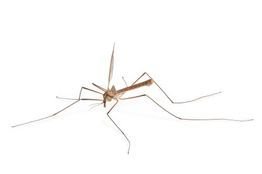
Malaria is transmitted to humans by the bite of an infected mosquito.
Singapore: A investigational malaria vaccine known as PfSPZ vaccine developed by scientists at US-based Sanaria has been found to be safe, to generate an immune system response, and to offer protection against malaria infection in healthy adults, according to the results of an early-stage clinical trial.
The clinical evaluation was conducted by researchers at the National Institute of Allergy and Infectious Diseases (NIAID), part of the National Institutes of Health, and their collaborators at the Walter Reed Army Institute of Research, Silver Spring, Md, and the Naval Medical Research Center, Bethesda.
Malaria is transmitted to humans by the bite of an infected mosquito. After the bite occurs, infectious malaria parasites in the immature, sporozoite stage of their life cycle first travel to the liver, where they multiply, and then spread through the bloodstream, at which time symptoms develop.
The PfSPZ Vaccine is composed of live but weakened sporozoites of the species Plasmodium falciparum, the most deadly of the malaria-causing parasites.
"The global burden of malaria is extraordinary and unacceptable," said NIAID Director Dr Anthony S Fauci. "Scientists and health care providers have made significant gains in characterizing, treating and preventing malaria; however, a vaccine has remained an elusive goal. We are encouraged by this important step forward," he added.




